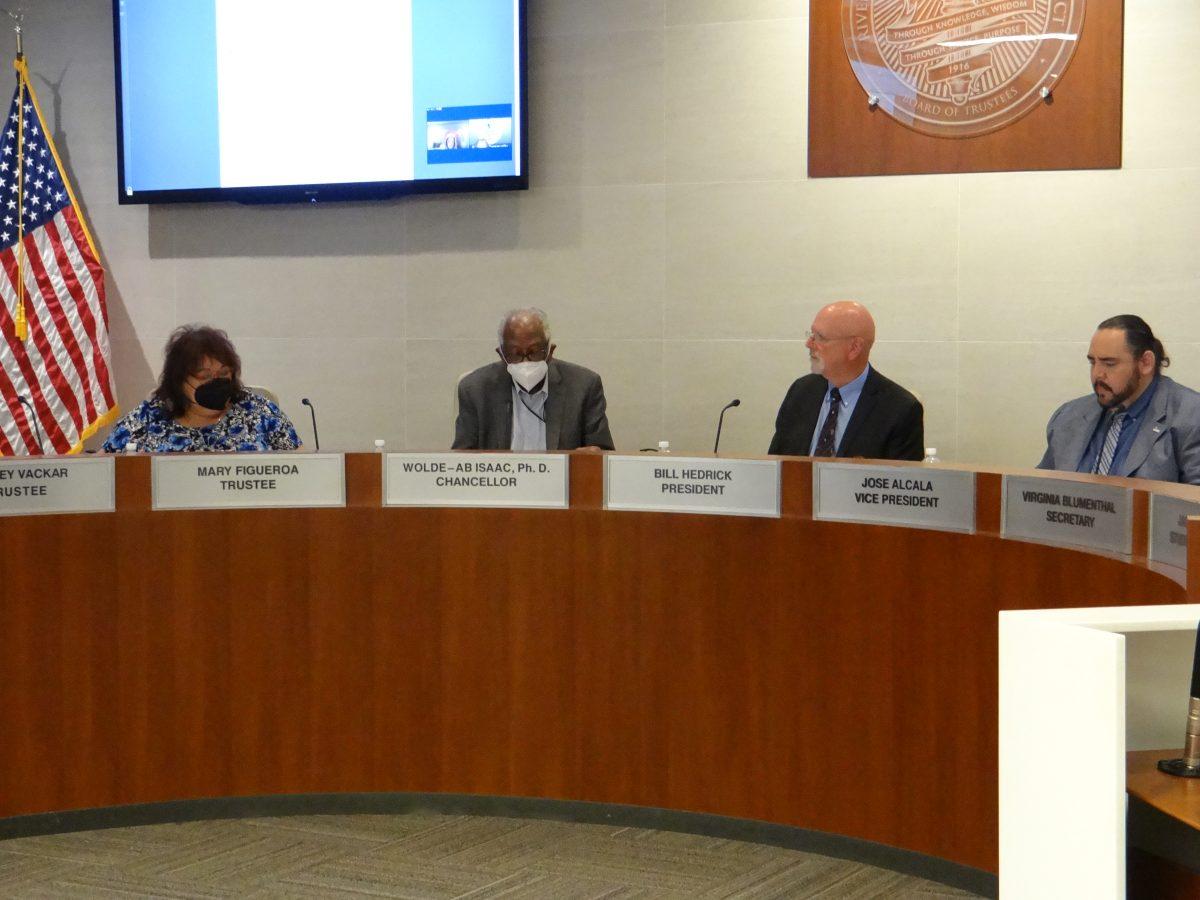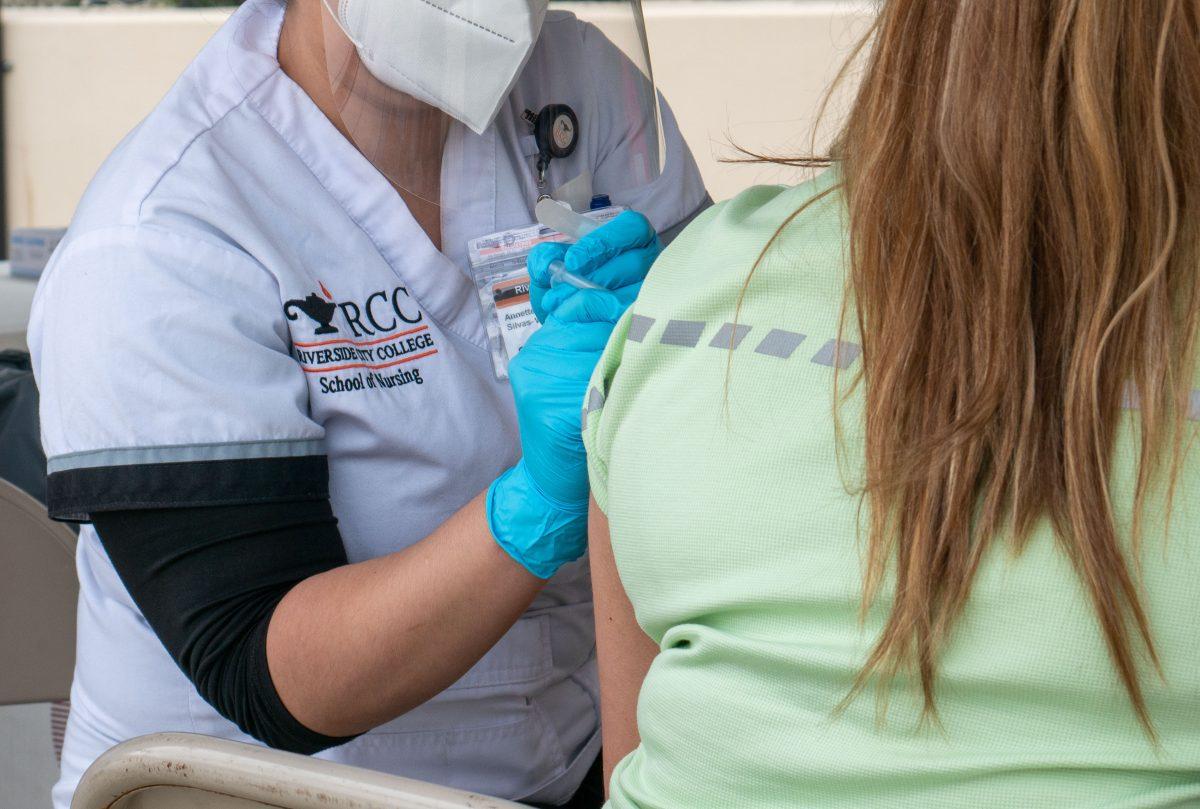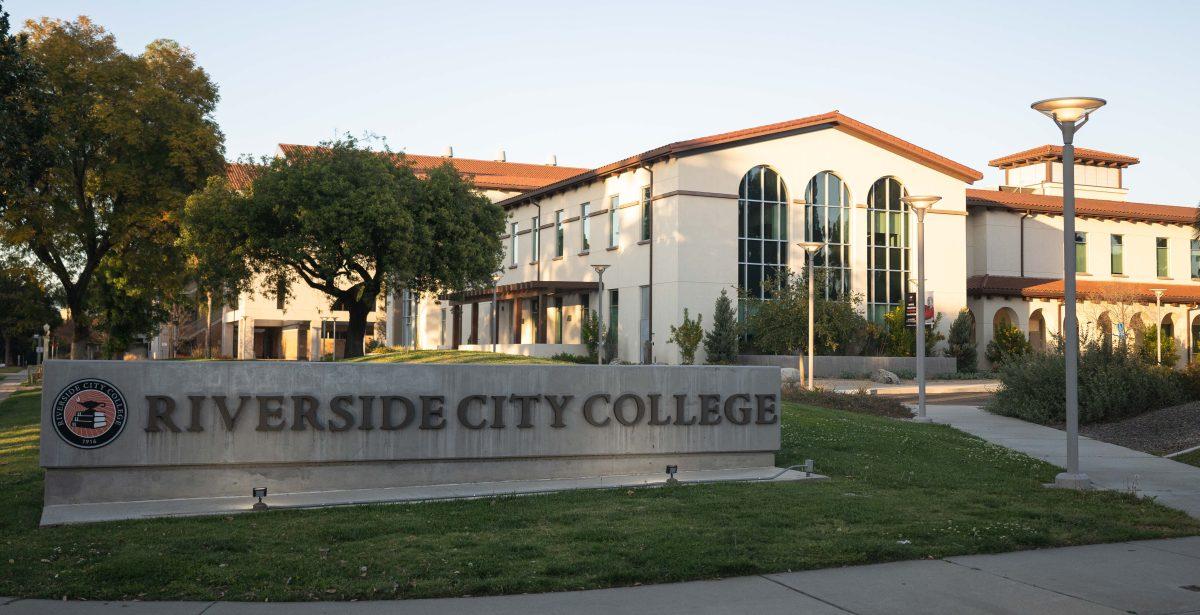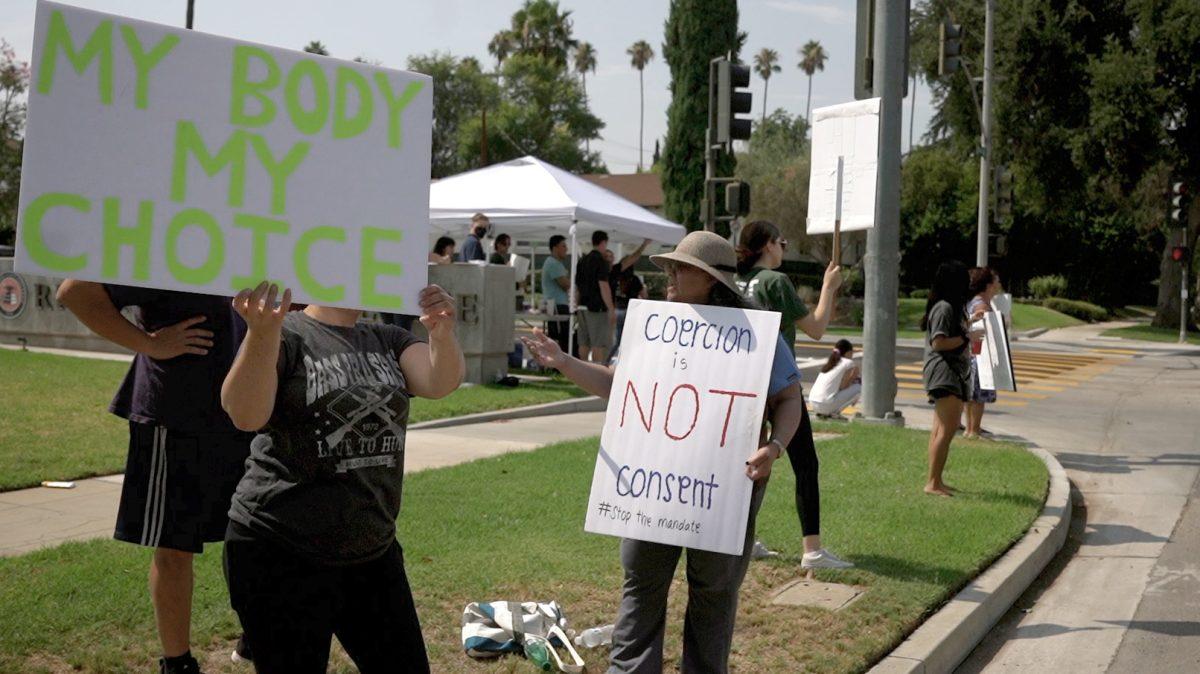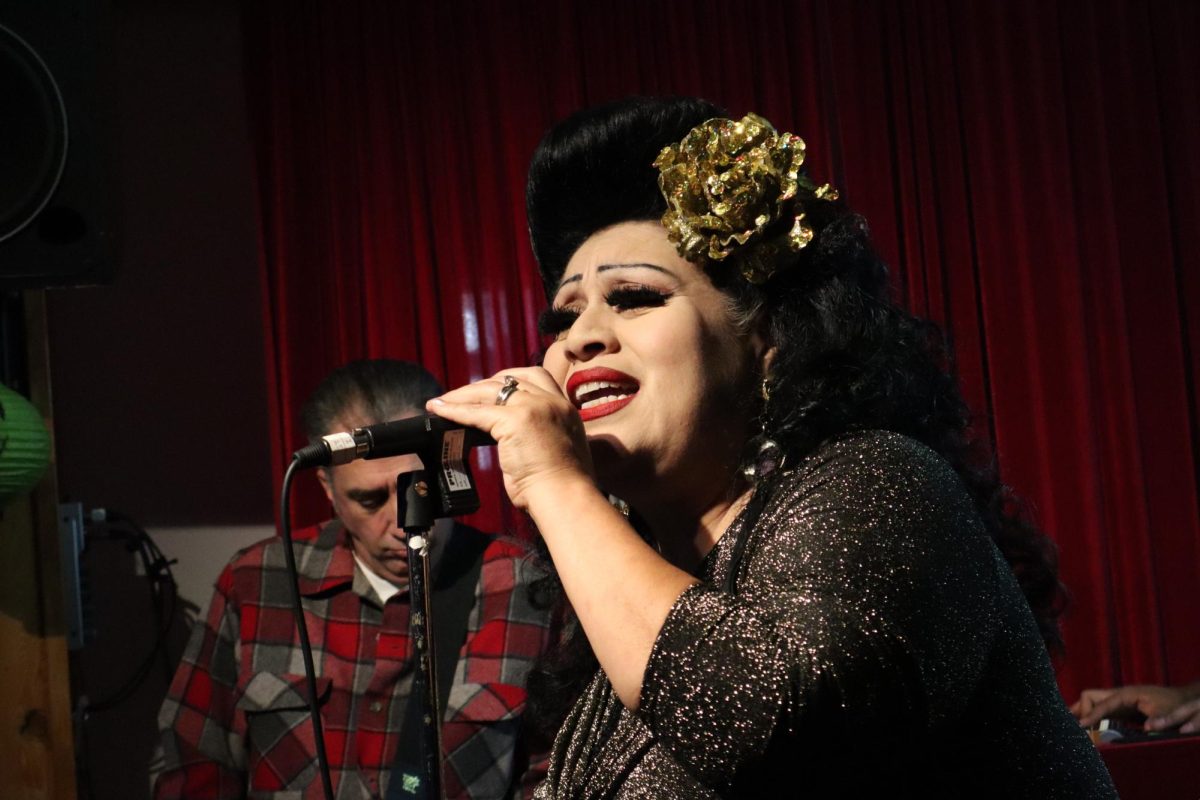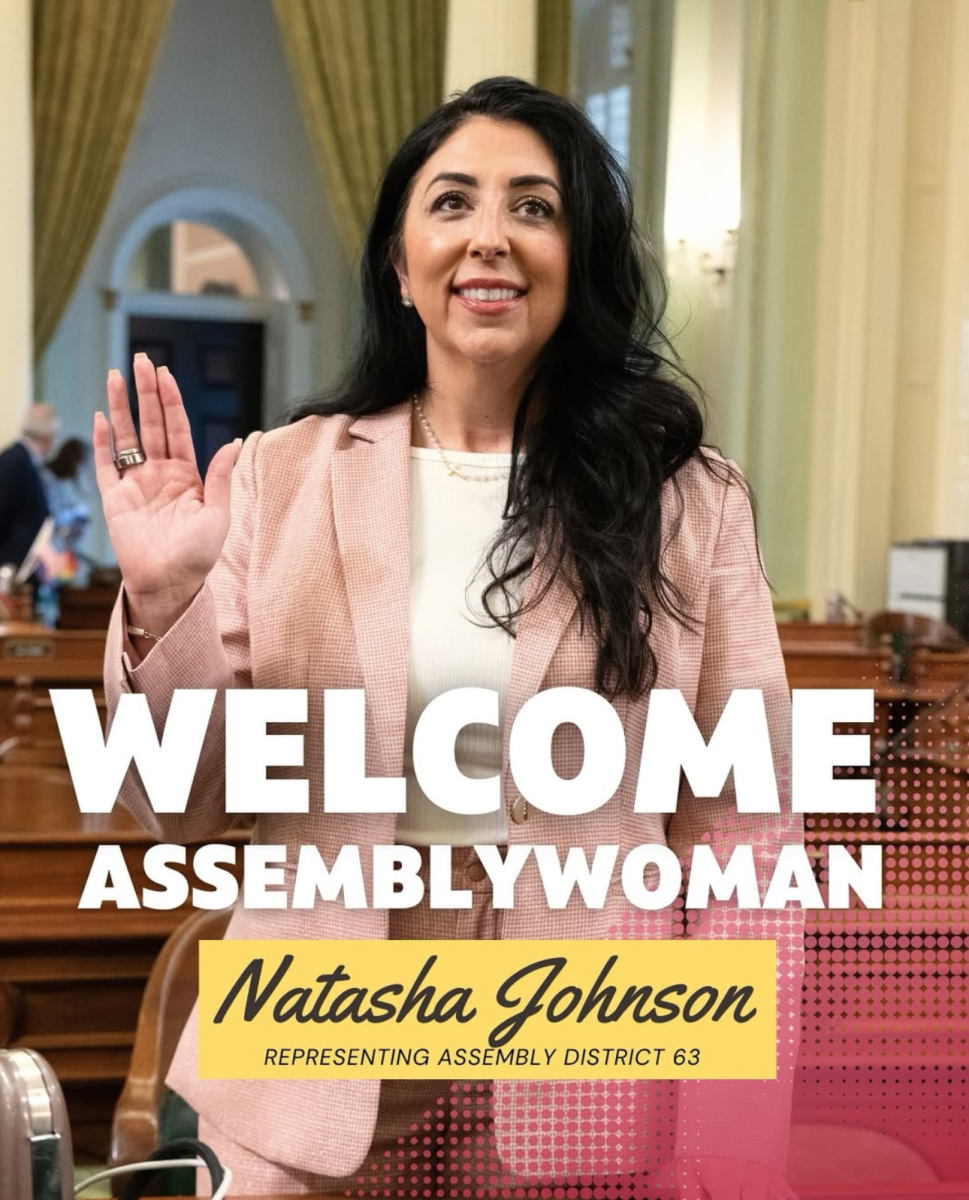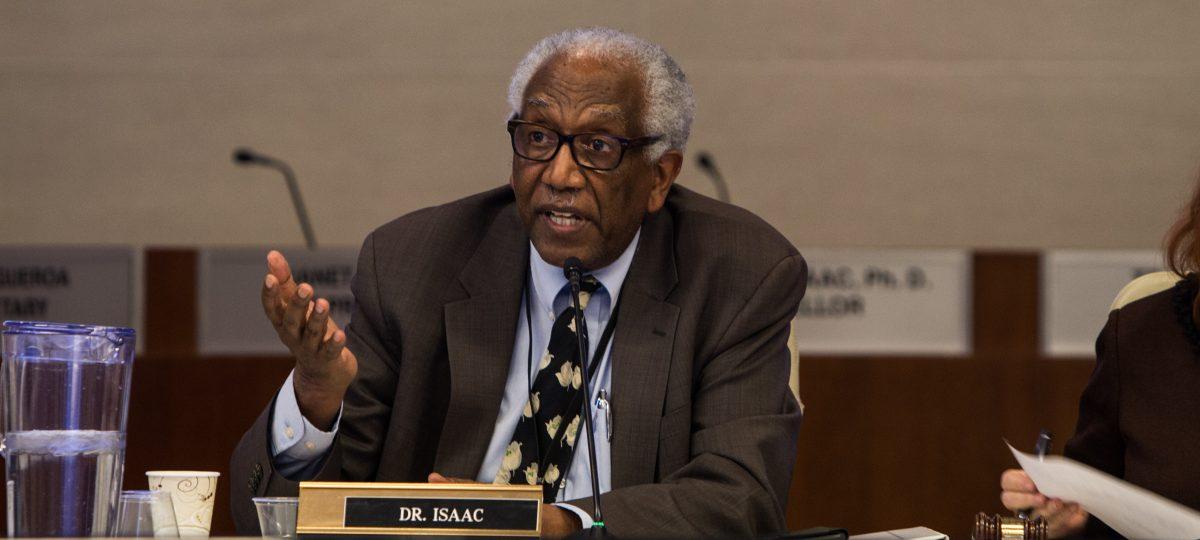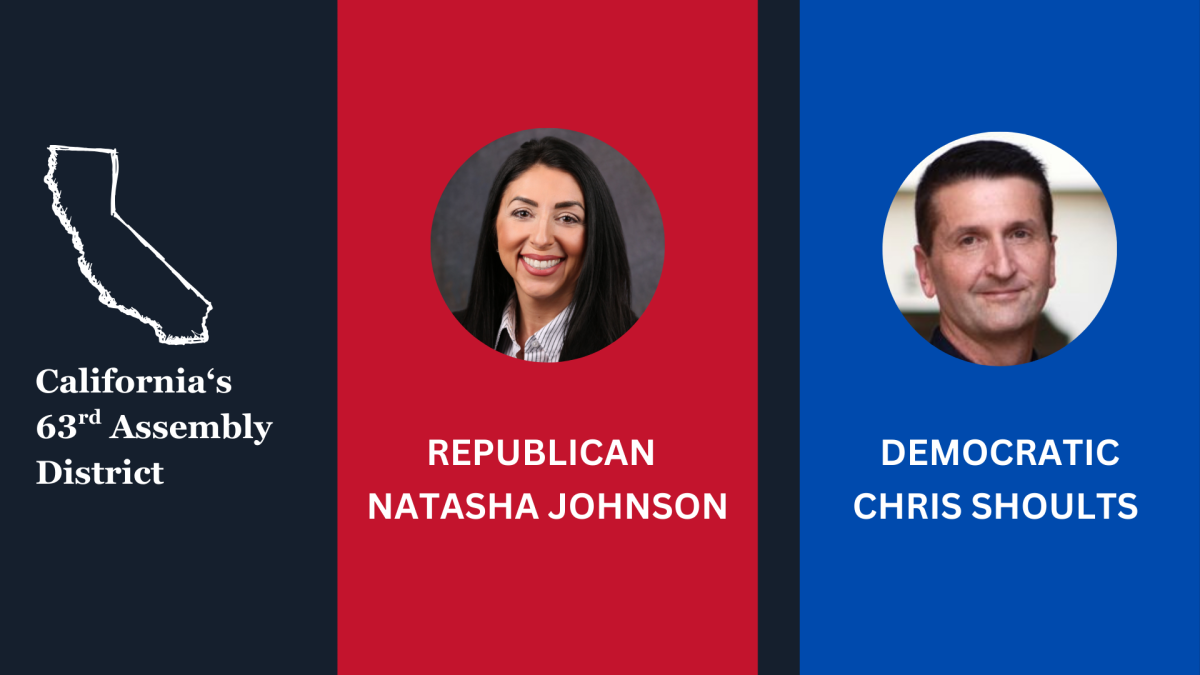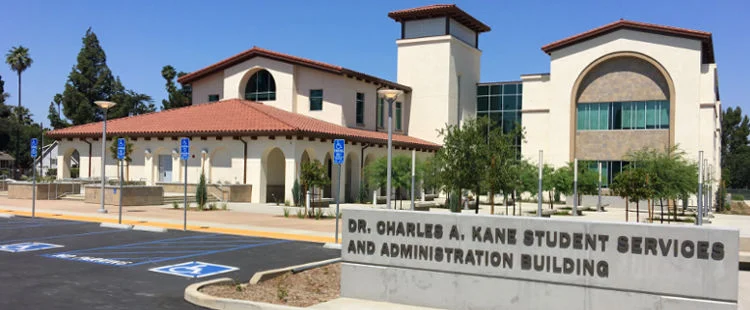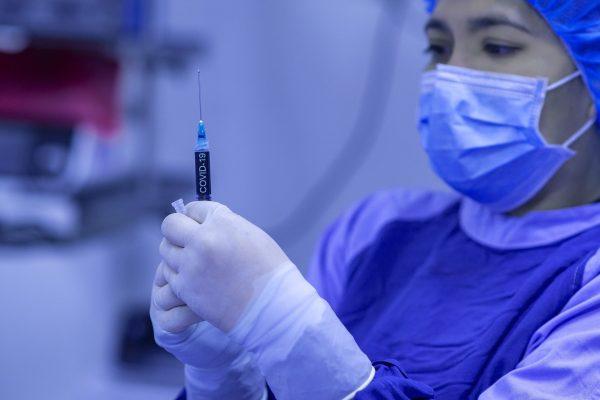
By Isabel Whitsett
Riverside County medical professionals are continuing to encourage vaccinations as skepticism rises due to recent issues with the Johnson and Johnson vaccine.
The Riverside chapter of the NAACP partnered with the UC Riverside Zeta Phi Beta Sorority on April 24, bringing health professionals together to discuss concerns with community members.
The Johnson & Johnson vaccine was paused April 13 due to blood clots resulting from the shot that killed 15 out four million women who had received it. Although the side effects were serious, data from the Centers for Disease Control and Prevention indicates they are a rare occurrence.
The CDC and the Food and Drug Administration recommended the resumption of Johnson and Johnson vaccinations for adults as of April 23.
“We presume the state will soon be aligning with that decision and support the CDC with those guidelines,” said Dr. Geoffrey Leung, Riverside County’s recently appointed Public Health officer.
Although concerns over the vaccine are high, Leung attempted to ease residents’ minds.
“We believe the benefits of Johnson & Johnson and other vaccines available far outweigh any risk associated with these rare, but serious blood clots,” he said.
Dr. Patrick Hu, a Riverside Community Hospital cardiologist, added to the assurance, noting that the odds of experiencing serious side effects are low.
“Looking at absolute numbers, your risk of getting a blood clot from the coronavirus itself is 39 in 1 million,” he said. “Getting a clot from the … Moderna or Pfizer is about 5 in 1 million. With only so many blood clot cases and 8 million vaccines administered that are J&J, we will continue moving forward for now.”
Dr. Bryan Oshiro, an obstetrician-gynecologist with the Riverside University Health System, pushed everyone to get vaccinated, even if they suffer from blood clots and are on blood thinners.
“The CDC still recommends you get the vaccine,” he said. “Nonetheless, the risk of getting the virus and dying from it is much higher than if those same patients got the vaccine.”
The chances of people with underlying conditions dying from coronavirus are higher than them dying from the vaccine, Hu added.
According to the CDC, seven in 1 million women between the ages of 18 and 49 who get the Johnson and Johnson vaccine are at risk for developing blood clots. Those numbers lessen and the risk becomes rarer for men and women over the age of 50.
President Joe Biden announced April 27 that fully-vaccinated people no longer need to wear masks outside, with the exception of large groups. According to the CDC, fully-vaccinated people are two weeks out from their second dose of either Moderna or Pfizer and two weeks out from their single dose of Johnson & Johnson.
Leung said vaccinated people can still catch COVID-19. He argued the greater risk is passing that infection on to someone else.
“When we wear a mask, it not only protects us,” Leung said. “It also protects others. Until we are well beyond herd immunity, we will likely continue to see more recommendations for mask mandates.”
But most health professionals agree that herd immunity has not yet been reached, he added.
According to Leung, at least 70-75% of the entire population would have to be vaccinated to achieve herd immunity.
“If we look at the 16 years or older population, we are at 42.8% immunity,” he said. “But when you add in children, who are not yet eligible for the vaccine, that percentage is lower.”
Although remarkable progress has been made, there is still work to be done, he added.
Barbara Cole, RUHS Disease Control Branch chief, stressed the importance of continuing to use all preventative measures.
“We know the vaccine is very effective, but it isn’t 100%,” she said.
The other health professionals agreed, urging residents to continue to adhere to CDC guidelines.
“We’re in sort of a transitional state,” Oshiro said. “You don’t know who’s vaccinated or not. For right now, it’s best to air on the side of caution.”
Regina Patton Stell, Riverside NAACP president, stressed the power of knowledge.
“We know that information can change behavior,” she said. “This is such an important conversation for our community.”

